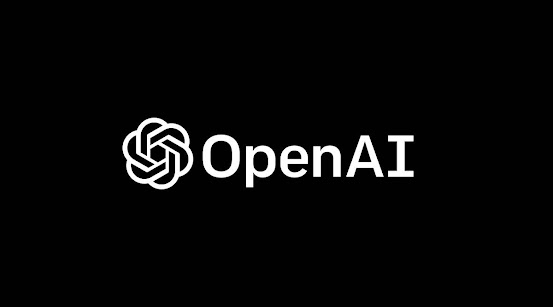IBM Plans to Replace 7,800 Jobs with AI, Pauses Hiring in Back-Office Functions
IBM CEO Arvind Krishna has announced plans to halt hiring for back-office functions, such as human resources, which could be replaced with artificial intelligence (AI) over the next five years. This would affect around 26,000 workers, and up to 30% of these roles could be replaced by AI and automation. The move is part of the company's larger workforce strategy in response to the rapid advancements of AI technology. While some functions, such as evaluating workforce composition and productivity, may not be replaced over the next decade, more mundane tasks, such as providing employment verification letters or moving employees between departments, are likely to be fully automated.
Krishna has worked to focus the century-old company around software and services such as hybrid cloud since taking over as CEO in 2020. He has divested lower-growth businesses like managed infrastructure unit Kyndryl Inc. and part of the Watson Health business, and IBM is currently considering selling its weather unit. The company has announced job cuts earlier this year, which may amount to about 5,000 workers once completed. Despite this, Krishna said IBM has added to its workforce overall, bringing on about 7,000 people in the first quarter.
Krishna's plan to pause hiring for roles that could be replaced with AI has sparked concerns about the potential for AI to disrupt the labor market. As AI tools have captured the public imagination for their ability to automate customer service, write text, and generate code, many observers have worried about their impact on jobs. However, Krishna's plan is one of the largest workforce strategies announced in response to the rapidly advancing technology.
IBM currently employs about 260,000 workers and continues to hire for software development and customer-facing roles. Finding talent is easier today than a year ago, Krishna said. While the company expects to pause hiring for roles that could be replaced by AI, it will not immediately cut jobs. Part of any reduction would include not replacing roles vacated by attrition, an IBM spokesperson said.
Krishna's plan to focus IBM around software and services such as hybrid cloud has been paying off. The company topped profit estimates in its most recent quarter due to expense management, including the earlier-announced job cuts. New productivity and efficiency steps are expected to drive $2 billion a year in savings by the end of 2024, according to Chief Financial Officer James Kavanaugh. Bloomberg Intelligence's Anurag Rana said that IBM's strong software portfolio, including acquired unit Red Hat, should help it maintain steady growth despite worsening macroeconomic concerns.
Despite Krishna's optimism about IBM's prospects, he has revised his view on the US economy's outlook. While he had previously believed that the US could avoid a recession until late 2022, he now sees the potential for a "shallow and short" recession toward the end of this year. IBM's strong software portfolio may help the company weather any economic turbulence, but concerns about the impact of AI on jobs are likely to persist. As more companies turn to AI and automation to cut costs and boost efficiency, the labor market could face significant disruption, and governments may need to take steps to mitigate the impact on workers.




Comments
Post a Comment